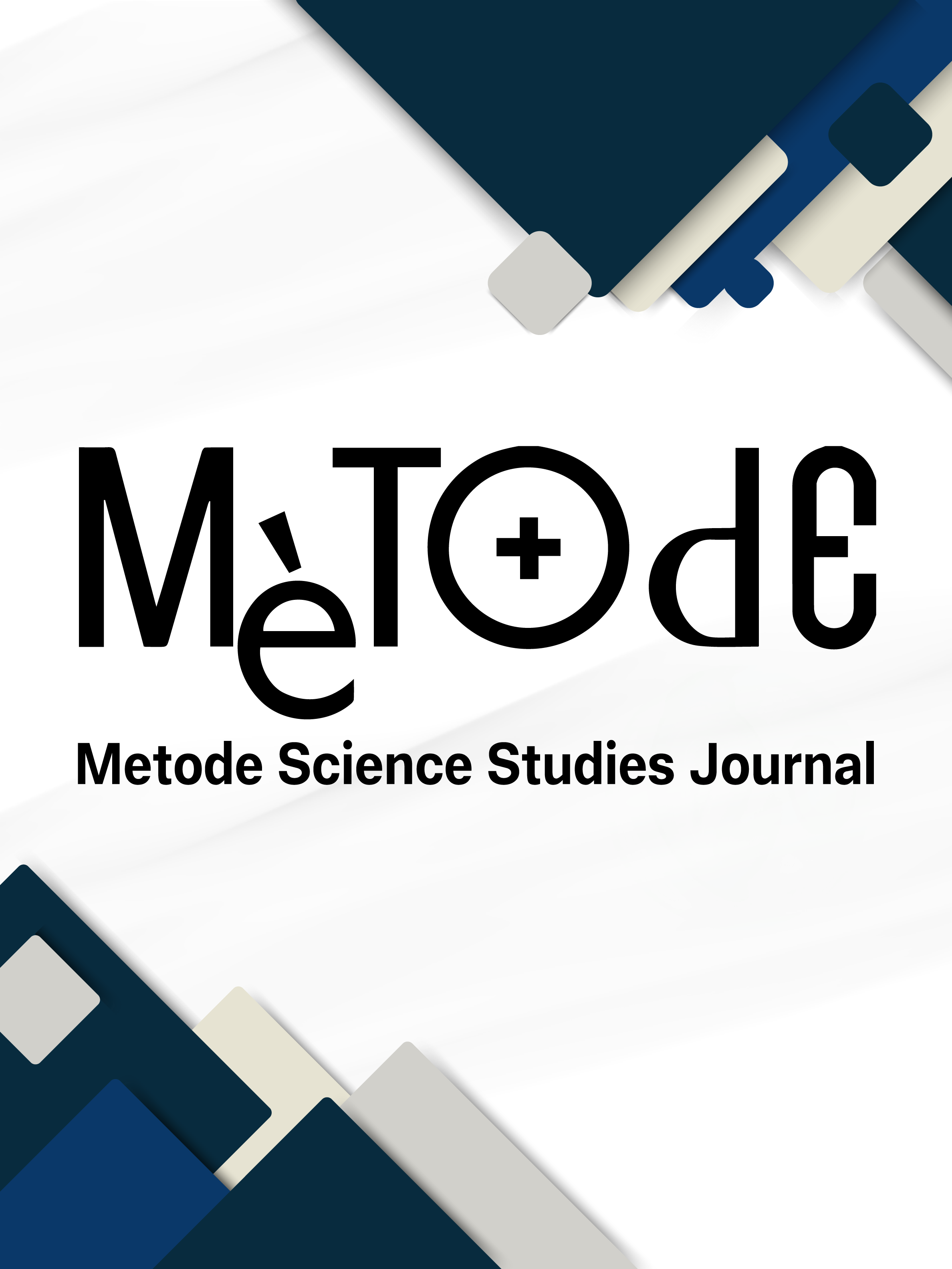Everything is chemistry: Challenges for a sustainable future
DOI:
https://doi.org/10.7203/metode.15.29175 Resumen
Resumen
Learning to transform matter – whether by cooking food or turning minerals into materials for making tools – has been key to the development of human societies. Everything we are and do is in some way chemistry. In the Age of Enlightenment, with the lucid impetus of Antoine Lavoisier and his wife Marie Anne Paulze, this ancient knowledge became a scientific discipline. Like a spark falling on a powder keg, it would ignite the great social transformations of the 20th century. New industries emerged that filled our lives with colourful materials, plastics, with almost infinite uses; developed new generations of medicines that killed off endemic diseases; and provided agricultural inputs – fertilisers and pesticides – that boosted food production on an unprecedented scale. Chemistry has undoubtedly improved our quality of life, but it has sometimes been misused, overshadowing the important role it has played and continues to play in the development of a world that must necessarily become more sustainable.
 Descargas
Descargas
Publicado
Cómo citar
-
Resumen102
Número
Sección
Licencia
![]()
Todos los documentos incluidos en OJS son de acceso libre y propiedad de sus autores.
Los autores que publican en esta revista están de acuerdo con los siguientes términos:
- Los autores conservan los derechos de autor y garantizan a Metode Science Studies Journal el derecho a la primera publicación del trabajo, licenciado bajo una licencia de Creative Commons Reconocimiento-NoComercial-SinObraDerivada 4.0 Internacional, que permite a otros compartir el trabajo con un reconocimiento de la autoría del trabajo y citando la publicación inicial en esta revista.
- Se permite y se anima a los autores a difundir sus trabajos electrónicamente a través de páginas personales e institucionales (repositorios institucionales, páginas web personales o perfiles a redes profesionales o académicas) una vez publicado el trabajo.





